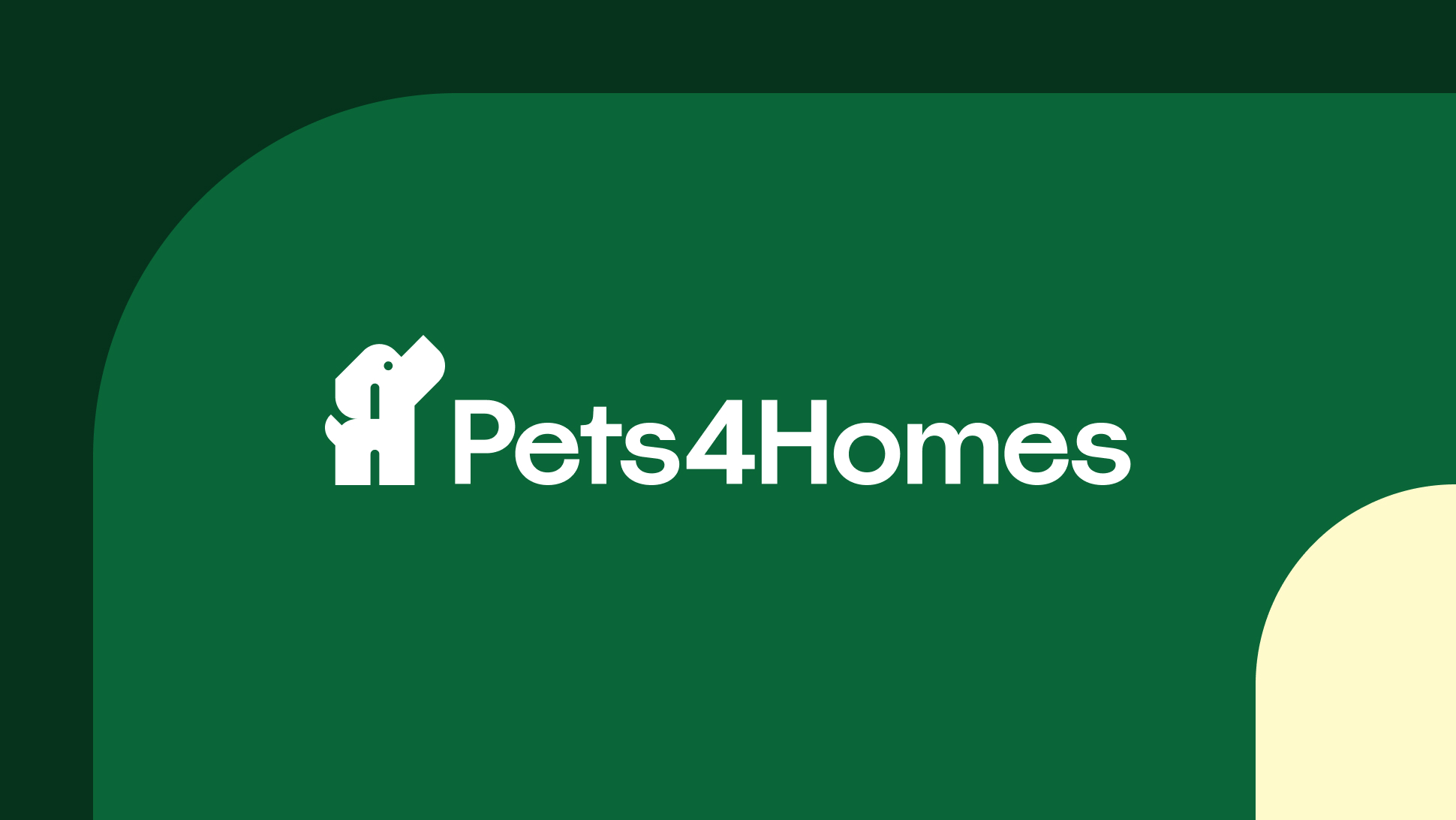
Top 10 Popular Cat Breeds in the UK (2025 Update)
For any cat enthusiast, whether you're captivated by a majestic Persian or a spirited moggy, the UK is home to a diverse range of beloved feline companions. This article explores the UK’s 10 most popular cat breeds in 2025, highlighting their unique characteristics, care needs, and the importance of responsible ownership and ethical breeding practices.
Our insights are based on updated analysis of search data, expert veterinary advice, and current trends within the UK cat-owning community.
1. British Shorthair: The UK's Favourite
The British Shorthair remains the most popular pedigree cat breed in the UK, cherished for its endearing round face, plush dense coat, and a temperament that balances independence with affection perfectly. Ideal for families and those looking for a calm companion, British Shorthairs require moderate grooming and benefit from routine veterinary care to maintain health.
2. Ragdoll: Gentle Giants with Loving Personalities
The Ragdoll is praised for its affectionate and relaxed nature, often going limp when picked up. With their striking blue eyes and long silky coats, these gentle cats are best kept indoors or under supervision due to their trusting nature, which can make them vulnerable to dangers outside.
3. Maine Coon: The Large, Fluffy Family Friend
Known as one of the largest domesticated cat breeds, the Maine Coon is beloved for its robust build, tufted ears, and friendly, playful disposition. They enjoy interactive play but also adapt well to family life. Regular grooming is essential to prevent matting in their long coat.
4. Siamese: Vocal and Social Companions
The Siamese cat’s sleek coat, striking blue eyes, and highly social, vocal personality make it a standout favourite. These energetic cats thrive on interaction and mental stimulation, and owners should be prepared to invest time in engagement and play.
5. Persian: Elegant and Fluffy with Special Care Needs
Persians are instantly recognisable for their luxurious long coats and flattened faces. While beautiful, these features can sometimes cause health concerns such as breathing difficulties and eye problems, so regular checkups with a vet and dedicated grooming are essential for maintaining wellbeing.
6. Bengal: Wild-Looking but Domestic at Heart
The Bengal offers an exotic spotted coat reminiscent of wild cats but with a playful, affectionate temperament. Bengals need plenty of environmental enrichment and exercise due to their energetic nature. Responsible breeders ensure these cats have good socialisation from an early age to thrive as pets.
7. Scottish Fold: Unique Appearance with Health Considerations
The Scottish Fold is known for its charming folded ears, but this trait is caused by a genetic mutation affecting cartilage, sometimes leading to joint issues as cats age. It’s paramount to choose ethical breeders who prioritise health screening and to consult with vets familiar with breed-specific concerns.
8. Savannah: A Wild Hybrid Needing Special Attention
The Savannah is a striking hybrid of domestic cat and African serval, known for its tall, sleek frame and wild appearance. Though fascinating, they require experienced owners familiar with their active and sometimes high-maintenance needs. Ethical breeding and careful consideration of temperament are critical when choosing this breed.
9. Russian Blue: Elegant and Reserved
The Russian Blue captivates with its shimmering silver-blue coat and vivid green eyes. These cats are generally shy but form strong bonds with their owners. They are relatively low maintenance but benefit from enriching environments to avoid boredom.
10. Sphynx: The Hairless Beauty
Known for their hairless, suede-like skin, Sphynx cats have a warmth-seeking personality and require special care including regular skin baths to remove oils. They are sensitive to temperature extremes and thrive in indoor environments with attentive owners.
What to Consider When Choosing a Cat Breed
Every breed has unique characteristics and care requirements. Prospective owners should research thoroughly, prioritise adopting from reputable breeders or rescues, and consider their own lifestyle, home environment, and ability to meet the cat’s needs. Responsible pet ownership involves ongoing veterinary care, proper nutrition, and enriching companionship.
Remember, many wonderful cats of mixed or unknown breeds (commonly known in the UK as "moggies") make lovingly devoted pets and are often available for adoption through local shelters and rescues.
How to Find a Reputable Cat Breeder or Adoption Centre
When looking to find a kitten or cat, check for breeders registered with the Governing Council of the Cat Fancy (GCCF) or local animal welfare organisations. These reputable breeders adhere to ethical breeding practices prioritising health and welfare.
Alternatively, adoption centres and animal rescues offer many cats needing loving homes. Choosing adoption supports animal welfare and helps reduce the number of unwanted pets.
Responsible Cat Ownership: Key Tips
- Provide a balanced diet suitable to the breed and age.
- Schedule regular veterinary check-ups, vaccinations, and parasite control.
- Ensure your home environment is safe, stimulating, and enriched for your cat’s wellbeing.
- Spend quality time interacting and playing to promote mental and physical health.
- Avoid supporting unethical breeding by researching breeders and avoiding impulse buying.
By choosing carefully and committing to responsible care, you can enjoy a fulfilling relationship with your feline companion for many years to come.